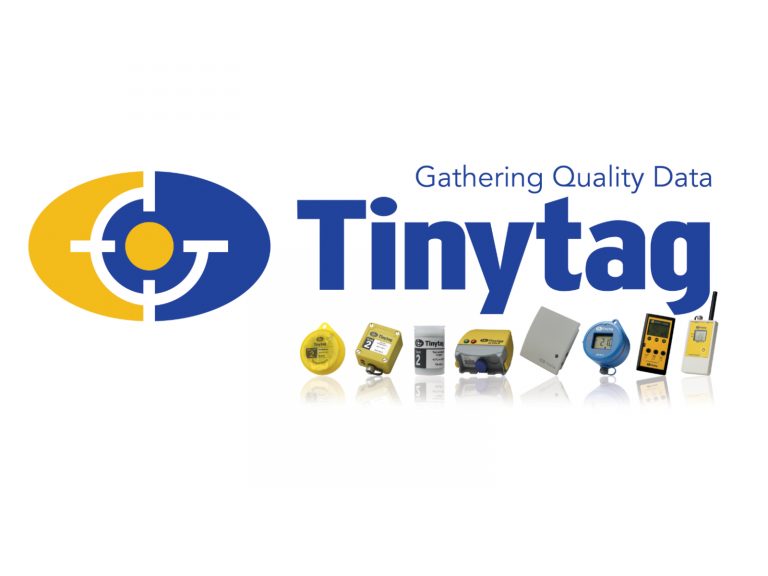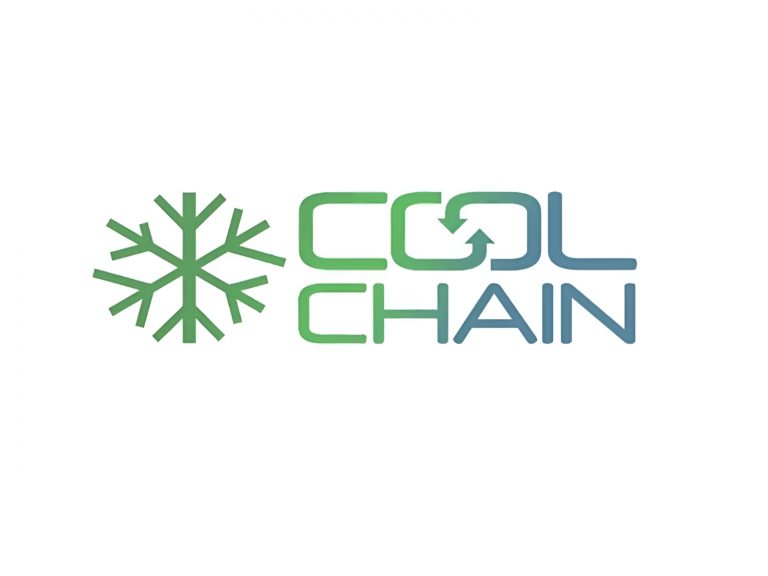Merck’s KEYTRUDA QLEX™ Secures FDA Approval as First Subcutaneous Pembrolizumab Injection
Merck & Co., known as MSD outside of the United States and Canada, announced on Saturday that the U.S. Food and Drug Administration (FDA) has approved KEYTRUDA QLEX™ (pembrolizumab and berahyaluronidase alfa-pmph) injection for subcutaneous administration in adults across most solid tumor indications for KEYTRUDA® (pembrolizumab). This approval introduces the first and only subcutaneously administered immune checkpoint inhibitor, which can be administered by a health care provider in as little as one minute, significantly reducing treatment time compared to the standard 30-minute intravenous infusion.
Pivotal Phase 3 Trial Data and Efficacy Findings
The regulatory decision is supported by data from the pivotal Phase 3 trial, Study 3475A-D77. This multicenter, randomized, open-label, active-controlled trial was conducted in patients with treatment-naïve metastatic non-small cell lung cancer (NSCLC) with no EGFR, ALK or ROS1 genomic tumor aberrations. The primary outcome measure was pembrolizumab exposure, specifically Cycle 1 AUC0-6 weeks and Cycle 3 Ctrough, of subcutaneous KEYTRUDA QLEX as compared to IV pembrolizumab. The trial demonstrated comparable pharmacokinetic exposure levels between the two formulations.
In descriptive efficacy analyses, the overall response rates were similar between the two study arms. The confirmed ORR was 45 percent (95 percent CI: 39, 52) in the subcutaneous KEYTRUDA QLEX arm versus 42 percent (95 percent CI: 33, 51) for the IV pembrolizumab arm. Additionally, no notable differences were observed in progression-free survival and overall survival. The effectiveness of KEYTRUDA QLEX for its approved indications was established based on these data and pivotal trial data demonstrating comparable safety with KEYTRUDA, as well as evidence from adequate and well-controlled studies conducted with KEYTRUDA.
KEYTRUDA QLEX™ Safety Profile and Administration Considerations
The safety profile for KEYTRUDA QLEX was established as comparable to IV pembrolizumab. KEYTRUDA QLEX is contraindicated in patients with known hypersensitivity to berahyaluronidase alfa, hyaluronidase or to any of its excipients. The product carries warnings for severe and fatal immune-mediated adverse reactions, which may be severe or fatal, can occur in any organ system or tissue and can affect more than one body system simultaneously. Important immune-mediated adverse reactions listed may not include all possible severe and fatal immune-mediated adverse reactions. Early identification and management of immune-mediated adverse reactions are essential to ensure safe use of KEYTRUDA QLEX.
In Study MK-3475A-D77, when KEYTRUDA QLEX was administered with chemotherapy in metastatic NSCLC, the most common adverse reactions (≥20%) were nausea (25%), fatigue (25%), and musculoskeletal pain (21%). Serious adverse reactions occurred in 39 percent of patients, and KEYTRUDA QLEX was permanently discontinued due to an adverse reaction in 16 percent of patients.
Transforming Patient Care with Rapid Subcutaneous Administration
The new formulation is designed to offer greater convenience and flexibility. It can be administered in one minute every three weeks or in two minutes every six weeks, requiring substantially less time to administer than a 30-minute IV infusion. It also offers a choice of injection site in the thigh or abdomen, avoiding the 5 cm area around the navel. This allows health care providers to administer the therapy in multiple settings, from an infusion center to a doctor’s office or a local community-based clinic.
Dr. J. Thaddeus Beck, oncologist and Medical Director of the Highlands’ Clinical Trials Office, provided commentary on the approval. He stated:
“This approval is significant for patients and health care providers like me who have been using immunotherapies for years to treat certain cancers. We now have a new option with a broad set of indications that has demonstrated comparability with intravenous (IV) pembrolizumab but in a subcutaneous injection that can be administered in one minute every three weeks or two minutes every six weeks. Subcutaneous pembrolizumab provides faster administration than IV pembrolizumab, offers two dosing options and gives patients more choices of health care settings in which they can receive their therapy.”
Broad Indication Coverage and Market Availability
KEYTRUDA QLEX is approved for a comprehensive list of 38 indications, which includes adult patients with unresectable or metastatic melanoma; adjuvant treatment of melanoma; multiple types of non-small cell lung cancer in various lines of therapy; malignant pleural mesothelioma; head and neck squamous cell cancer; locally advanced or metastatic urothelial cancer; MSI-H or dMMR solid tumors and colorectal cancer; gastric cancer; esophageal cancer; cervical cancer; hepatocellular carcinoma; biliary tract cancer; Merkel cell carcinoma; renal cell carcinoma; endometrial carcinoma; cutaneous squamous cell carcinoma; and triple-negative breast cancer.
Dr. Marjorie Green, senior vice president and head of oncology, global clinical development, Merck Research Laboratories, said:
“At Merck, we are committed to putting patients first, as we work relentlessly to discover new options that may help patients manage their treatment in a way that fits their needs. We are honored to build on the foundation of KEYTRUDA with KEYTRUDA QLEX, a new injectable immunotherapy option that has similar results to KEYTRUDA and can be administered in as little as one minute.”
Sally Werner, Chief Executive Officer, Cancer Support Community, also commented, stating:
“As part of supporting patients and families through their cancer journeys, we are excited to see patient-focused developments in subcutaneous cancer treatment that shorten administration time and may allow for more patients to receive treatment in multiple health care settings.”
Merck expects to have KEYTRUDA QLEX available in the U.S. in late September. The product is a fixed-combination of pembrolizumab, a programmed death receptor-1 (PD-1) blocking antibody, and berahyaluronidase alfa, a variant of human hyaluronidase developed and manufactured by Alteogen Inc., which enhances dispersion and permeability to enable subcutaneous administration.
Original Source: Press Release: RAHWAY, N.J.–(BUSINESS WIRE)– Merck (NYSE: MRK)
Recommended Companies
More Headlines








